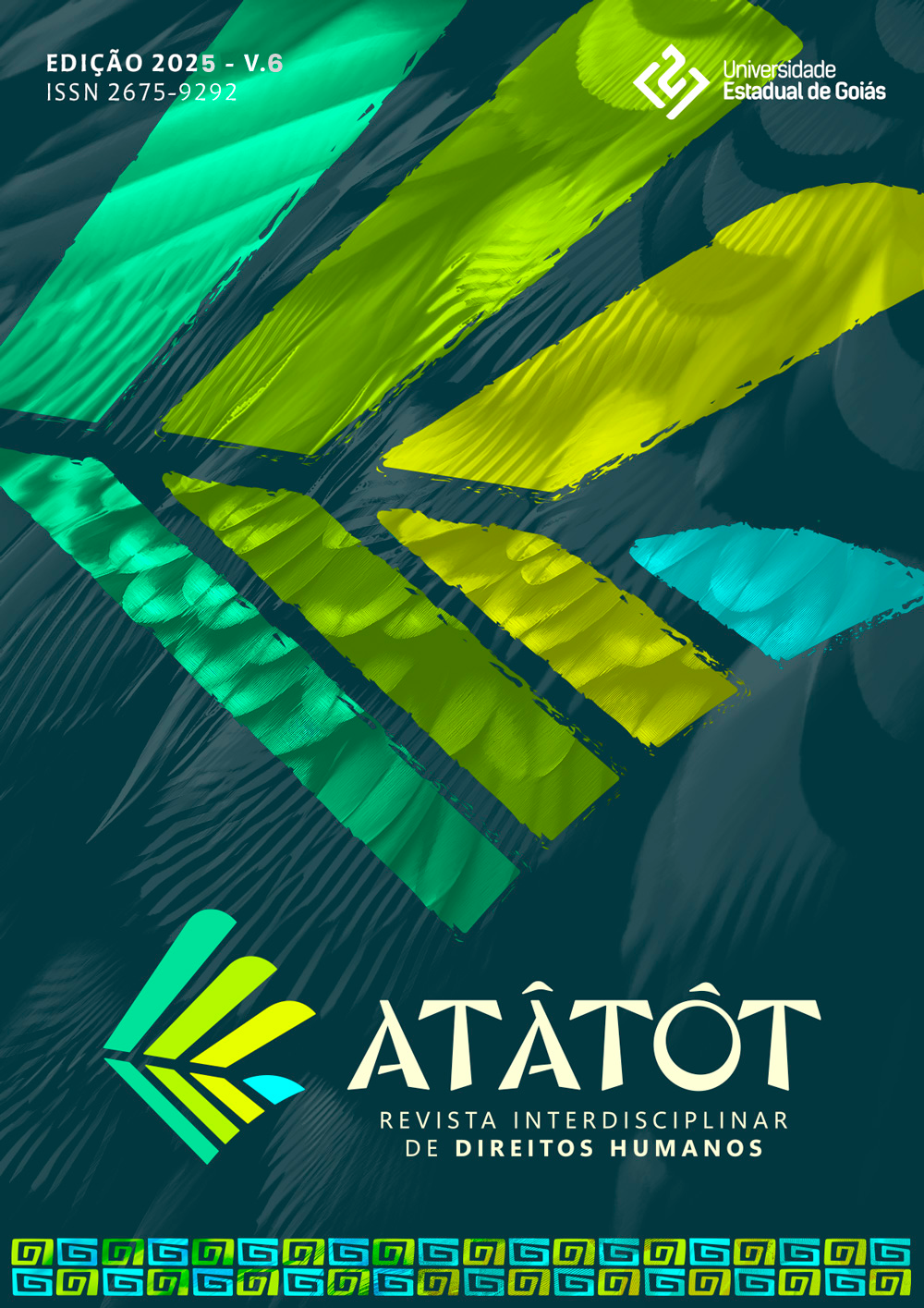HUMAN RIGHTS AND RACIAL SELECTIVITY: “paths” and “detours” of mass incarceration in Brazil
Keywords:
Human Rights , Racism , Racial Selectivity , Judicial Truth Regime , Prison System , Unconstitutional State of AffairsAbstract
This essay consists of a critical analysis of mass incarceration in Brazil from the perspective of Human Rights and Racial Relations. It begins by addressing incarceration as a "structural problem" of Human Rights, presenting the historical failure of Brazilian prisons, long denounced by scholars, and which has recently gained the attention of the Supreme Federal Court through the legal-epistemological categories of "structural problem" and "Unconstitutional State of Affairs." Next, the topic is reexamined based on critical race studies and the theoretical framework of "Criminology and Racism," where racism and racial selectivity emerge as central explanatory hypotheses for understanding the problem, with emphasis on the generalized suspicion of the Black and poor population, racial profiling, and the context of police violence, which constitute daily violations of human rights and produce concrete effects in defining the profile of the prison population. This critical perspective is revisited in the following section with the discussion of the "judicial truth regime over Black bodies," an analytical perspective that places the racial dimension of the justice system at the center of the debate and helps us understand how its functioning contributes to maintaining this unconstitutional state of affairs, as, regardless of the position occupied by a Black person in the lawsuit and the kind of the litigation, the criterion of "race" is a decisive element in judicial truth regimes. Based on this premise, the text concludes by questioning the "paths" and "missteps" for solving the ills of the prison system, attempting to reframe the problem, i.e., reflecting on how to "de-racialize" the justice system.
Downloads
Published
Issue
Section
License

This work is licensed under a Creative Commons Attribution-NonCommercial-NoDerivatives 4.0 International License.










